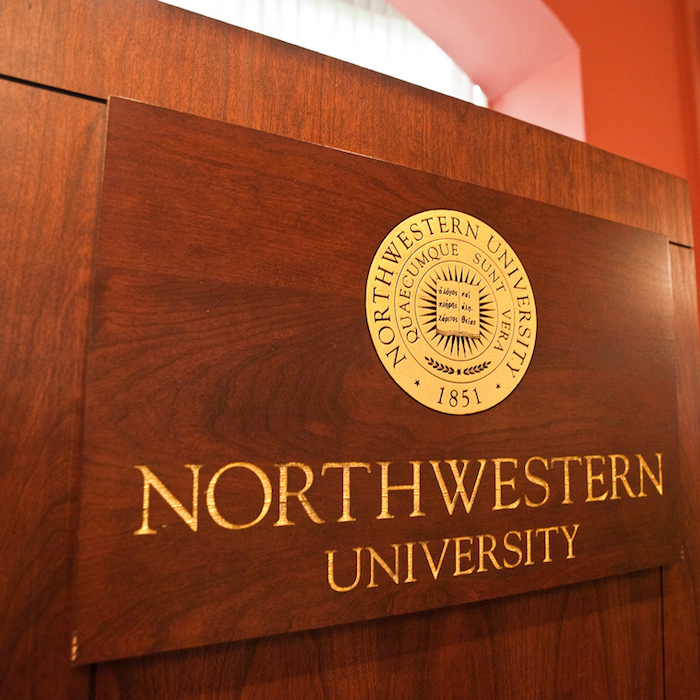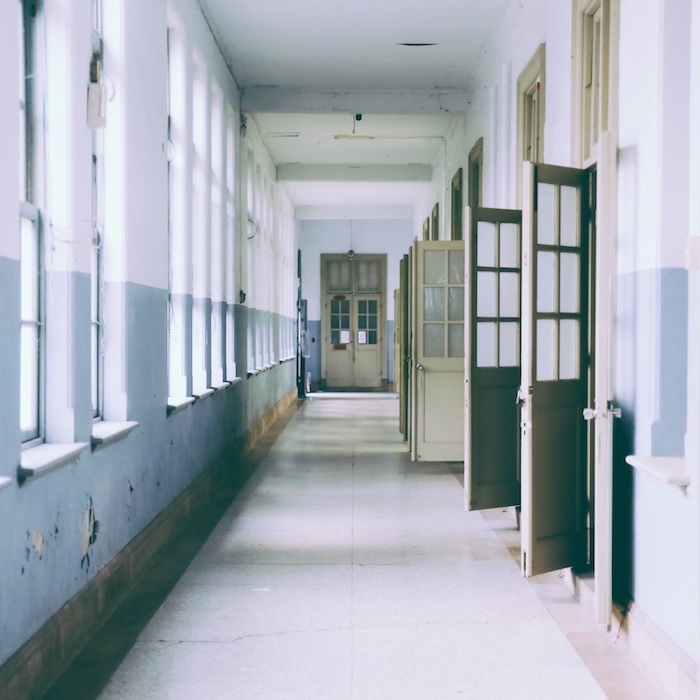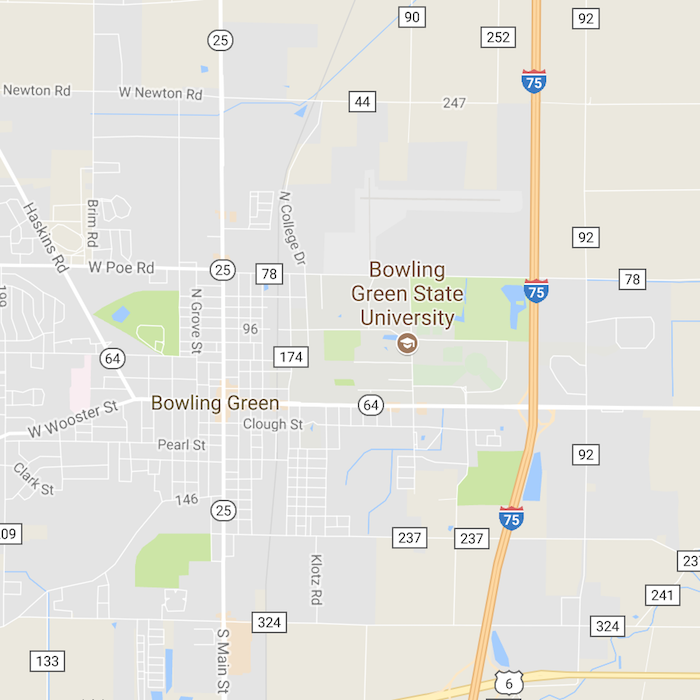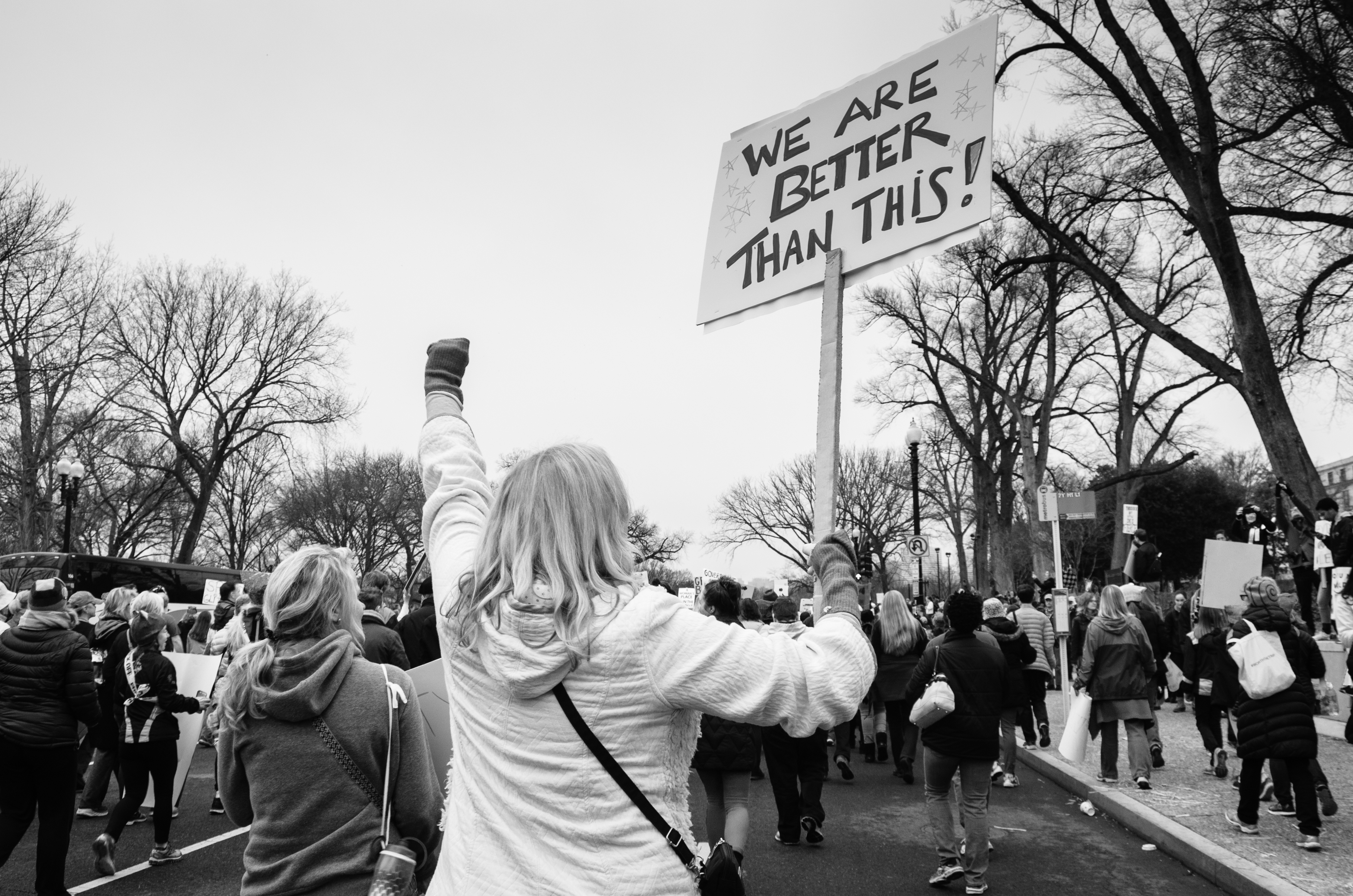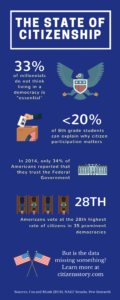Dwayne Stenstrom is in charge of recruitment and retention at Sinte Gelska University. As my official host for the two days I was there, I had a chance to speak with him extensively about life on the Rosebud Reservation and at the university. Although I’ll write more about what I took away from my time on the reservation, I do want to say that it’s worth reading this interview in full. I suspect it’ll challenge your assumptions and understanding of the United States’ history and tribal culture. You can find the first two posts from my time in Rosebud here and here. You can also hear Dwayne talk about his experience growing up on NPR.
What it takes to be a good citizen:
I think one word that would sum it up is: be productive. Be a productive member of the environment you’re apart of. Do all that you can do to better the people around you.
Why he doesn’t vote in United States elections:
I guess in my world, I understand the concept of sovereignty and the makings of treaties. One of the things that I find is that if historically, if someone voted in a state or national election, it led to a conflict for the individual and the community. A treaty means two sovereign entities make a deal. So, I have my allegiance to my tribe first.
I’ve always felt that I had to be one or the other, either a tribal member or the citizen of the state. I always had to choose. I’m always going to be a tribal member. I dabble in the other world because I haven’t had a choice. Because of the experiences I’ve had over the years, I much prefer being a tribal member.
The American government wronged him and his family:
When I was eight years old, I was taken from my mother. And I was placed in a non-Indian home. At the time, I thought I would only be there for a few months. That few months transformed into twelve years.
I think about why all of that came to be. I don’t have any justification as to why they did that. It didn’t make sense to me back then, and it definitely doesn’t make sense to me today. One question I asked the government is whether there had been an adult male at home with me whether I would’ve been able to stay. The response I got was, “Yea, probably”. Ironically, I had two brothers who were serving in Vietnam. They would have qualified as adult males. But they weren’t in proximity because they were fighting for the country.
I did have an opportunity to reconnect with my mom ten years after I left her. We did have a little conversation about what went wrong. But I only got to know her for five months before she passed away. In a speech I gave in class, I talked about the little van that dropped me off. I kept waiting for it to come back. It never did.
Which is especially a problem, given the importance of family in tribal life:
I think what’s different between Native American culture and predominant American culture is the way people go about getting the basic things we all need. When I was in the home I was placed into when I was eight, I remember we went hunting one time and shot three dear. We had it processed at a meat locker. Their son came over later that week, and he was having a hard time and needed some help and some food. The dad basically said, “Get out there and make a living.” And I was thinking, where I came from, it would’ve been different. We would’ve helped family and given food.
For example, one time, when I was still with my mom, I thought we were going to go somewhere on a trip. But then I saw my mom cooking, and was worried we weren’t going to get to go. But she told me she was cooking so that if someone stopped by, we could feed them. I still think about that till this day. Today, I lock my doors. When I was growing up we didn’t have to. My mom was going to leave food in our open house for anyone who needed it!
The things Americans need to know about tribal history:
One of the topics that is being talked about today is the Doctrine of Discovery (which allowed Christian conquerors to take all lands from non-Christians). When I started researching what that meant, I realized it did have a huge impact on the native community, and that it continues to today (the Vatican still has not rescinded the Doctrine).
Another part of history that has impacted me personally is the Indian Child Welfare Act (which was supposed to guarantee children would stay with their families). It’s still on the books, but it’s not used in a way that helps the community.
In 1997, the Adoption and Safe Families Act was passed. States look at the act as superseding the Indian Child Welfare Act, even though it’s not supposed to. Kids are being taken off the reservations and adopted out into other communities. People now ignore the Indian Child Welfare Act.
My wife and I signed up to be foster parents ten years ago. We had to take a training course. About the fifth week, I became offended – why was a non-Indian person treating me how to be a parent to an Indian child? Never once during the training was the Indian Child Welfare Act brought up, except for when I brought it up. When my wife and I became foster parents, we got only one call, then never heard from them again. Meanwhile, they’re saying they need more Indian foster parents! To me it’s ridiculous what’s going on there.
How he’d like non-indigenous Americans to interact with tribes and reservations:
I’d want predominant Americans to engage with the tribal community with a willingness to understand. We don’t need anyone coming over here to fix us or save us. We need them to want to understand. We have a language and a way of life that has sustained us forever. We don’t need people coming over here telling us how it can be improved. Respect our culture for what it is.
What he wants for people on reservations:
I guess awareness. People need to understand our true history. It’s not really talked about here. I teach general psychology, and I try to incorporate a lot of Native American thought into my classes. What I’m finding is that a lot of people are unaware of a lot ideas and teachings that should have been passed down generationally. But because the education system doesn’t talk about tribal history (since schools are run by the South Dakota government), our own people doesn’t see it as a priority.
Also, we need to have more self-responsibility. People here have to let themselves know that it’s okay to be who they are. We don’t have a lot of choices today on this reservation. This reservation has something like 85% of unemployment. A lot of people feel like there’s not really stuff for them to do. When I go out and cut wood, I cut wood for a lot of different people. If people knew that doing that chore would have value to a lot of other people, it would make workers feel better about themselves. A lot of people have the mentality of, “Why bother?” That mentality isn’t just around here. It seems like a lot of people have just given up.
It’s important for us to believe. We’re going to have our trials and tribulations. But it’s how we respond. At one point in my life, I gave up. I remembered something my grandfather told me: “Never blame anyone for the circumstance you find yourself in. Take responsibility for all that you do because once you start blaming, people have power over you.” I didn’t see myself as spiritual back then. When he was able to remind me of where I came from, I was able to see how the experiences I had made me the person I am today.
A story on the power of optimism:
I try to put it into a positive perspective, because the negative side of me is too negative. One of my favorite stories is about two boys. There’s a boy who’s pessimistic, thinks life will be terrible. They put him on a chair in the middle of a bunch of toys. They told him he could have whatever he wanted and then left for an hour. When they came back, he hadn’t moved. They asked him, “Why didn’t you play with anything?” He said, “I’m afraid I was going to break something.”
The next boy is an optimist. They take him to a room and put him in a chair, too. But surrounding him is manure. They tell him to have all the fun he wants and leave for an hour. When they get back, the boy is sitting in the corner and throwing the manure up in the air. They ask, “What are you doing?!” He said, “With all of this stuff in here, there’s bound to be a pony somewhere.”
The four values he lives by:
My grandfather had four values: Spiritual, Social, Political, Economic. He said always look at them in that order. I’m always grateful I have another day. I don’t have any guarantees that tomorrow will come. So I try to make my day as positive as I can. I also have a resource where I can go to and talk about the problems in my life. All of those things are a part of spirituality. By remembering everything you’ve been through, that’s what can keep you going.


